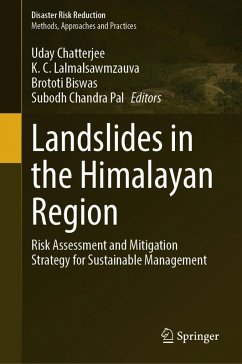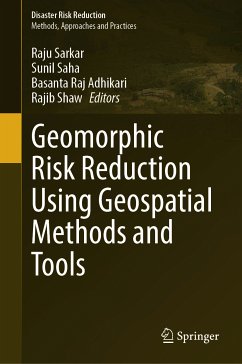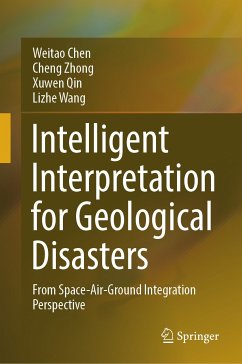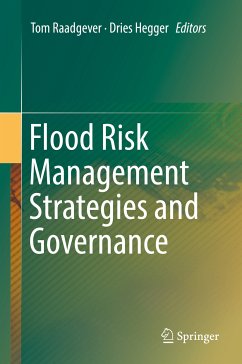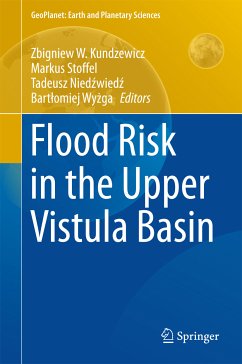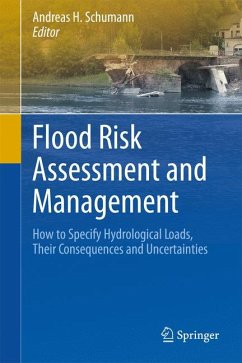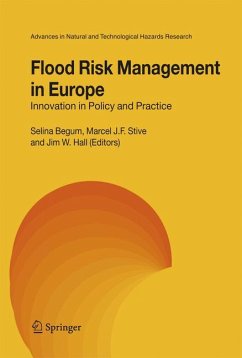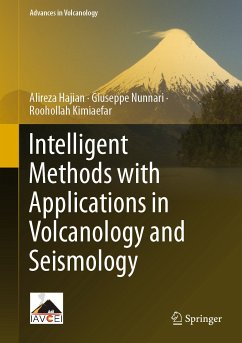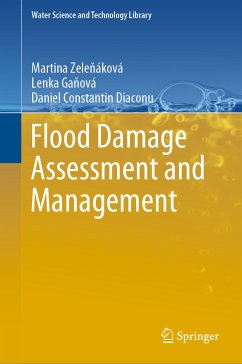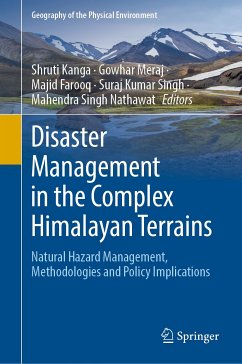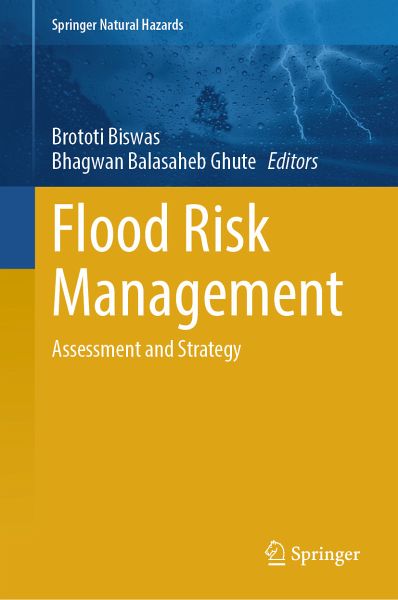
Flood Risk Management (eBook, PDF)
Assessment and Strategy
Redaktion: Biswas, Brototi; Ghute, Bhagwan Balasaheb
Versandkostenfrei!
Sofort per Download lieferbar
120,95 €
inkl. MwSt.
Weitere Ausgaben:

PAYBACK Punkte
60 °P sammeln!
This book examines the nature of flood in different landscapes and the various factors that contribute to flooding in different areas. It identifies flood risk zones in different terrain types and provides valuable insights into the anthropogenic, geographical, hydro-geological, and geomorphological aspects of flood-prone areas to achieve sustainable risk management. The book also explores the impact of avalanches, global warming, and flash floods in different settings where such types of flooding have become more common. In addition, the volume provides case studies to evaluate the impact of ...
This book examines the nature of flood in different landscapes and the various factors that contribute to flooding in different areas. It identifies flood risk zones in different terrain types and provides valuable insights into the anthropogenic, geographical, hydro-geological, and geomorphological aspects of flood-prone areas to achieve sustainable risk management. The book also explores the impact of avalanches, global warming, and flash floods in different settings where such types of flooding have become more common. In addition, the volume provides case studies to evaluate the impact of flooding in both natural and man-made environments. To better understand and manage floods, the book combines advanced geospatial tools and techniques with indigenous knowledge. Using machine learning and multiple-criteria decision analysis, the book provides an amalgamation of technology and indigenous knowledge to assess flood susceptibility. The book also includes strategies to manage flood risks and case studies that demonstrate best practices in flood risk management. The volume is a valuable resource for researchers, students, and policy makers to understand the causes of floods and their socio-economic impact in different areas.
Dieser Download kann aus rechtlichen Gründen nur mit Rechnungsadresse in A, B, BG, CY, CZ, D, DK, EW, E, FIN, F, GR, HR, H, IRL, I, LT, L, LR, M, NL, PL, P, R, S, SLO, SK ausgeliefert werden.



